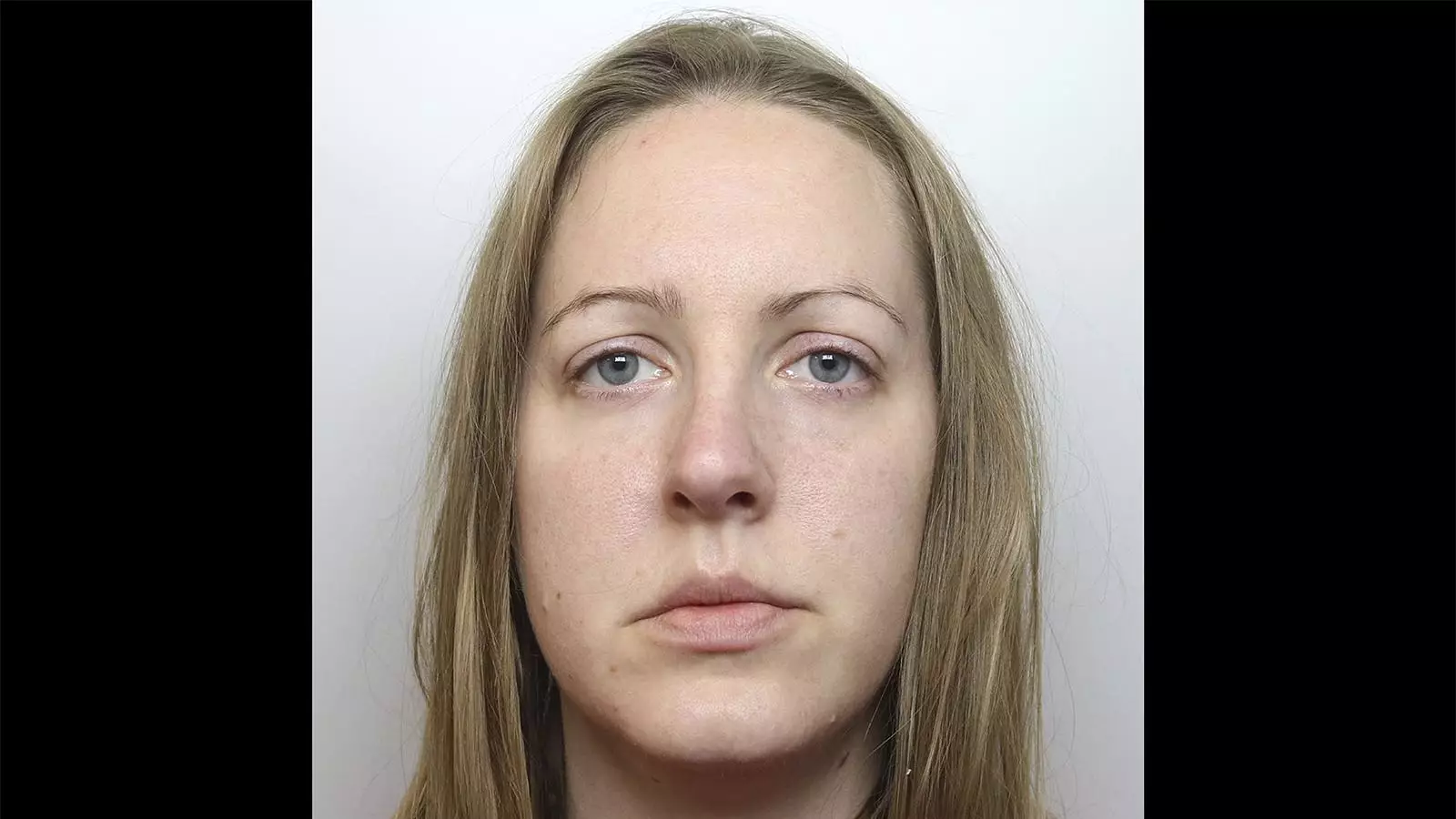The case of Lucy Letby, a neonatal nurse implicated in the murders of several infants, elicits deep concern not only in the realm of criminal justice but also in the domain of medical ethics and expert testimony. Initially convicted for the deaths of seven babies and attempts to murder seven others while working at the Countess of Chester Hospital from June 2015 to June 2016, Letby remains a controversial figure. Her conviction is largely based on the assertions of medical professionals and the circumstantial evidence presented during her trials. However, in an unexpected turn of events, her legal team has announced plans to challenge these convictions by questioning the credibility of the prosecution’s leading expert, Dewi Evans.
Recently, Evans altered his testimony concerning the fatalities of three specific infants, which fueled Letby’s defense to argue that her convictions are no longer secure. Attorney Mark McDonald has asserted that such drastic changes in expert opinions play a pivotal role in the integrity of the legal process. The reversal raises fundamental questions about the reliability of testimonies presented in high-stakes legal scenarios, particularly in cases where lives have been irrevocably affected. The defense claims that if the principal expert’s testimony can be called into question, it casts doubt on the entirety of the prosecution’s narrative.
This dilemma is compounded by the fact that multiple juries and appeal judges previously reviewed the evidence presented against Letby. The Crown Prosecution Service emphasized that the legal rigor applied in Letby’s original trials and subsequent appeals was significant. However, with evolving expert interpretations, the legal landscape shifts, posing not only challenges to established norms but also offering hope for those wrongfully convicted.
The reliance on complex medical evidence makes cases like Letby’s particularly vulnerable to scrutiny. Experts in the field of law and medicine recognize the inherent difficulties in interpreting data that often requires specialized knowledge—knowledge that can, in itself, be subject to biases and limitations. Legal expert Sean Caulfield illustrated the rarity of a lead expert witness reversing their conclusions. This infrequent occurrence speaks to the potential pitfalls of forensic evidence, especially in a medical context where individual cases can differ and lead to varying interpretations.
Letby’s case is not merely about her actions but also about broader systemic failures within hospital protocols and the medical community’s response to unexplained infant deaths. As more medical experts weigh in on the evidence originally presented at trial, the integrity of such evaluations will continue to be critical in determining the case’s future.
Calls for Re-examination
In the wake of expert evaluations and criticism of previous findings, a call has emerged for a thorough examination of the legal processes that led to Letby’s convictions. With a group of medical and scientific experts questioning the reliability of the statistics and evidence used against her, the implications reach beyond Letby herself; they challenge the very fabric of how medical evidence is interpreted in legal settings. The potential fallout could influence future cases, particularly those involving healthcare professionals accused of malpractice or criminal behavior.
While there is skepticism regarding the likelihood of an appeal succeeding, the facts remain disconcerting. An inquiry into hospital procedures, trends in infant mortality, and evidence usage is currently underway, further complicating the narrative surrounding Letby. This investigation may yield valuable insights into the institutional failings that contributed to a myriad of adverse outcomes in neonatal care.
The Lucy Letby case serves as a profound example of the complex interplay between law and medicine. As the appeal process unfolds, it raises essential questions about the plasticity of expert testimony, the reliability of forensic evidence, and the institutional responsibilities in protecting the vulnerable. With expert opinions shifting and broader investigations probing the underpinnings of the original findings, the repercussions of this case are set to influence not only Letby’s future but also the integrity of the criminal justice system in cases fraught with medical complexities. As society grapples with these challenges, the need for rigorous standards in both medical evaluations and legal interpretations remains a pressing concern.

